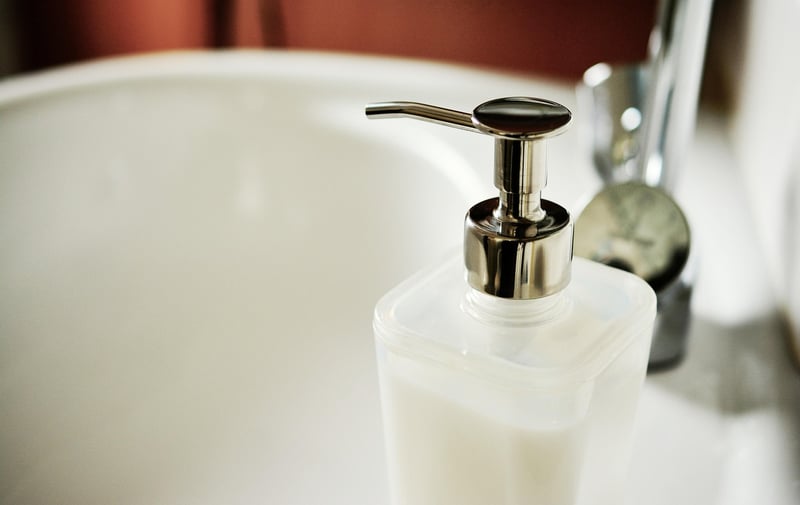Sleep Hygiene
Optimizing Physical Well-being Through Proper Sleep Hygiene
Sleep is crucial for our overall health and well-being. It plays a vital role in physical health, mental health, quality of life, and safety. To optimize physical well-being, it's essential to practice good sleep hygiene habits. Here are some tips to help you improve your sleep quality and overall physical health.
1. Stick to a Sleep Schedule
Try to go to bed and wake up at the same time every day, even on weekends. This helps regulate your body's clock and could help you fall asleep and wake up more easily.
2. Create a Relaxing Bedtime Routine
Develop a bedtime routine to relax before going to bed. This could include activities like reading a book, taking a warm bath, or practicing relaxation exercises.
3. Make Your Bedroom Comfortable
Ensure your bedroom is conducive to sleep. Keep the room cool, quiet, and dark. Invest in a comfortable mattress and pillows to support good sleep posture.
4. Limit Exposure to Screens Before Bed
Avoid using electronic devices like smartphones, tablets, and computers before bedtime. The blue light emitted by these devices can interfere with your sleep-wake cycle.
5. Watch Your Diet and Exercise
Maintain a healthy diet and exercise regularly. Avoid heavy meals, caffeine, and alcohol close to bedtime. Physical activity during the day can promote better sleep at night.
6. Manage Stress
Practice stress-reducing techniques such as mindfulness, meditation, or deep breathing exercises. High stress levels can negatively impact your sleep quality.
By incorporating these tips into your daily routine, you can improve your sleep hygiene and optimize your physical well-being. Remember, quality sleep is essential for a healthy body and mind.

For more information on sleep hygiene and physical well-being, consult with a healthcare professional or visit National Sleep Foundation.
